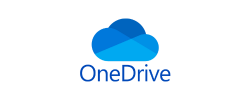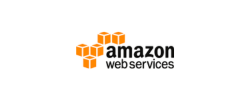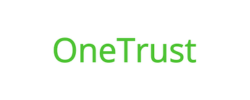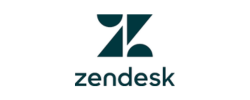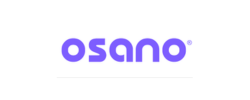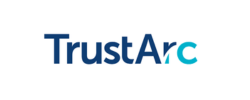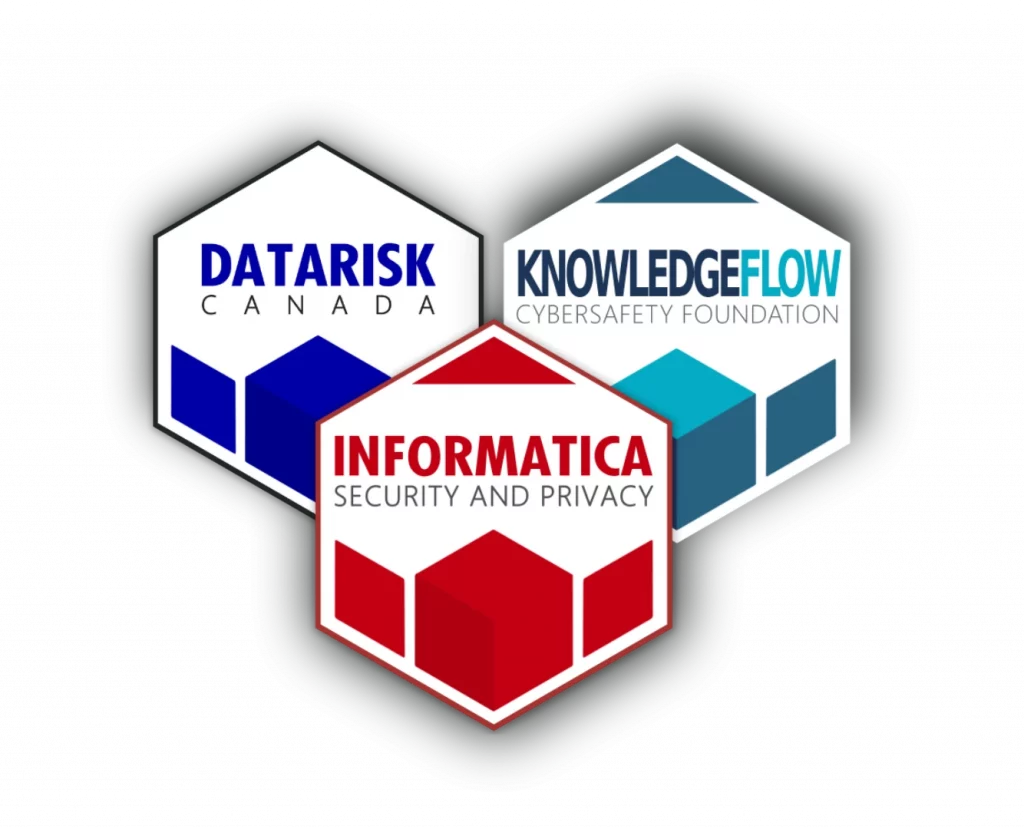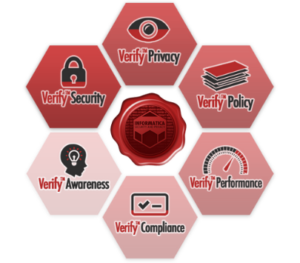Security Standards | Why Are They Important To Your Company
- What’s the difference between having a few good security standards vs a standardized security program?
- Why does a complete approach to standardized security matter, and how can it be audited?
- How are standards like PCIDSS, SOC2, NIST CSF and ISO27001 good for a company’s security posture?
- Where should you start building a corporate security governance program that will help to give your company a credibility boost and fuel growth with lower risk?
The central problem companies face is protecting their data, assets, and reputation from security threats. This issue is exacerbated by a multitude of related challenges, such as:
- A surge in sophisticated cyber attacks
- Rapid technological advancements making old security measures obsolete
- Regulatory complexities with severe penalties for non-compliance
- Customer expectations of uncompromised data protection
However, there’s a solution that aids in combating these challenges—implementing comprehensive security standards in your business operations.
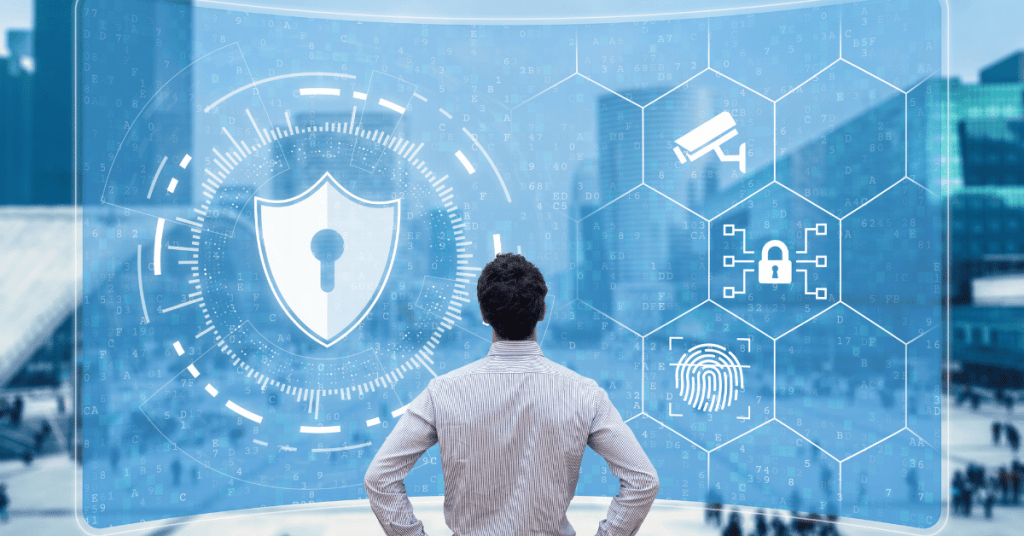
1. What’s the difference between having a few good security standards vs a standardized security program?
Having a few good security practices is commendable, but these may not be enough. They might be implemented inconsistently and lack the coverage to fend off diverse threats. A standardized security program, however, provides a holistic, consistent approach. It lays down specific procedures to follow, reducing the room for human error and ensuring nothing is overlooked. This comprehensive protection helps companies keep up with the escalating complexity of security threats and regulatory landscapes.
2. Why does a complete approach to standardized security matter, and how can it be audited?
A complete approach to standardized security matters because it integrates data protection into the very fabric of your business processes. This holistic approach ensures consistency, comprehensibility, and compliance with external regulations. It also instills confidence among stakeholders. Auditing a standardized security system involves scrutinizing your security measures, identifying vulnerabilities, and making recommendations. Through an audit, you get an objective assessment of your security posture and actionable insights to improve it.

3. How are standards like PCIDSS, SOC2, NIST CSF and ISO27001 good for a company’s security posture?
Security standards such as PCIDSS, SOC2, NIST CSF, and ISO27001 enhance a company’s security posture. They provide globally recognized benchmarks for implementing robust security measures. These standards guide the management of sensitive information, helping companies meet legal requirements and build trust with customers and stakeholders. By following these standards, companies can optimize their security strategy, making it adaptable, scalable, and more efficient.
4. Where should you start building a corporate security governance program that will help to give your company a credibility boost and fuel growth with lower risk?
Building a corporate security governance program starts with understanding your company’s unique security needs and vulnerabilities. Next, familiarize yourself with relevant security standards and regulations in your industry. Create a dedicated team responsible for implementing, monitoring, and updating the security program. Ensure employees are well-trained on security protocols and that your program is regularly audited and updated for effectiveness and compliance.

Security standards provide a well-rounded approach to protecting your company’s valuable data and assets, demonstrating to customers and stakeholders that their information is secure, and ensuring compliance with international regulations.




